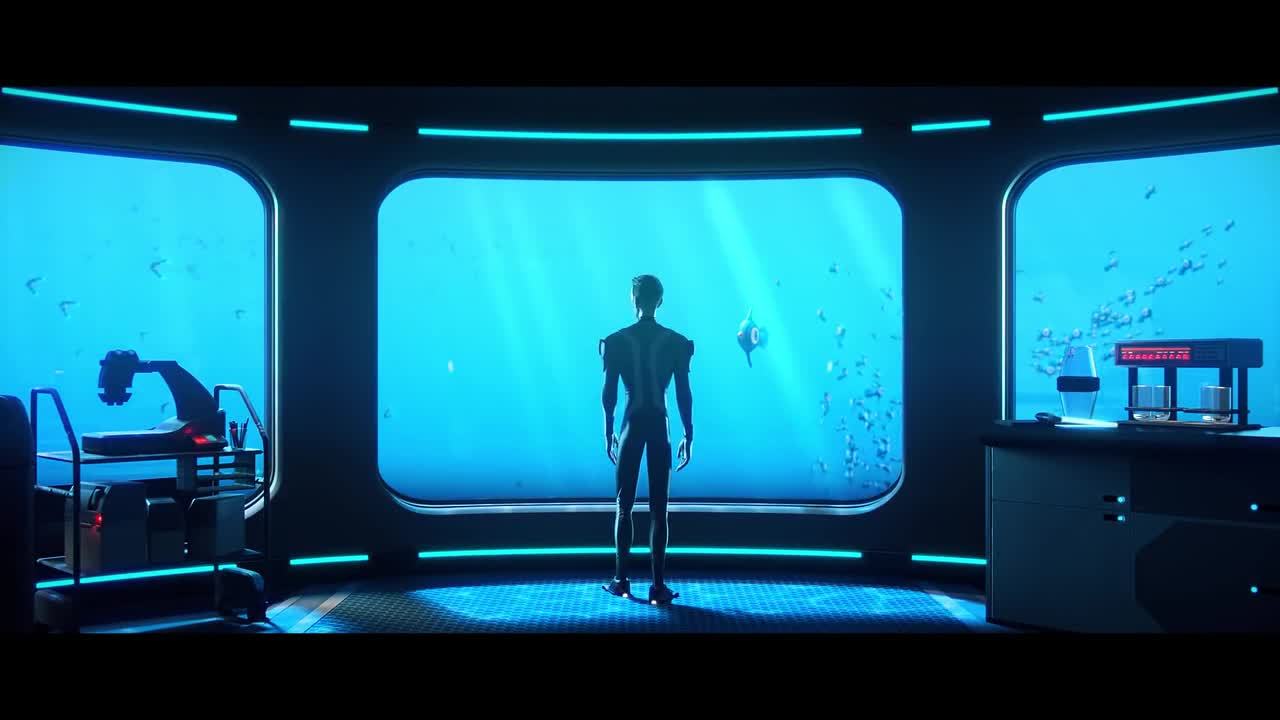The last few years have seen the rise of numerous high-brow channels dealing in all sorts of longer video essays: plot discussion, development histories, design analysis. With a quarter of a million subscribers, hundreds of thousands of views per video and a well-funded Patreon campaign, Joseph Anderson is one of the most popular and successful examples of this new, intellectual side of Youtube. He’s supposed to be one of the good ones. And yet, I was shocked to discover that his writing is the equivalent of a salty Steam user review inflated to comical proportions.
The truly shocking part, however, is how perfectly this meandering, consumer-focused take captured my experience with games criticism on Youtube in general. So often I find myself clicking on one of the videos recommended to me both by algorithms and actual human beings only to discover that the author has no clear argument, shows no interest in the themes of a game, no understanding of how games are made or who makes them, no understanding of the difference between conjecture and textual evidence, no understanding of how to navigate the tension between authorial intent and emergent narrative - to name just a few of the standards I personally try to hold myself to as a critic.
To give you an idea of what I mean, I’d like to talk about one particularly widespread argument that represents one of my most common frustrations with game critics on Youtube. At the beginning of the video, Anderson intersperses clips from Subnautica with scenes from The Martian, saying that while a film can show you somebody who is lost on another planet, only a videogame can you truly put you in the shoes of that person. In his words, “the experience offered by Subnautica is unique to videogames”.




